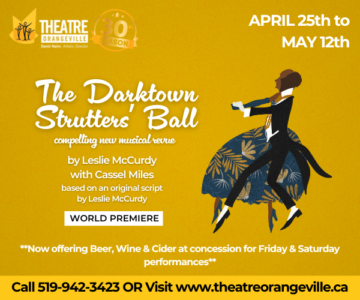Bambi Has a Dark Side
Deer are lovely but too many can hurt the environment.
As peaceful animals graced with beauty, deer pull at our heartstrings.
One of my cherished childhood memories is of hand-feeding a deer (I think we gave it digestive cookies) along the Highway 60 corridor in Algonquin Park in the late sixties. My brothers and I were thrilled.
But Bambi has a dark side. And, with apologies to deer lovers, it’s worth exploring. Consider, for example, that parasitic worms live in deer brains. Having evolved with deer, these brain worms seldom hurt them, but they kill moose.
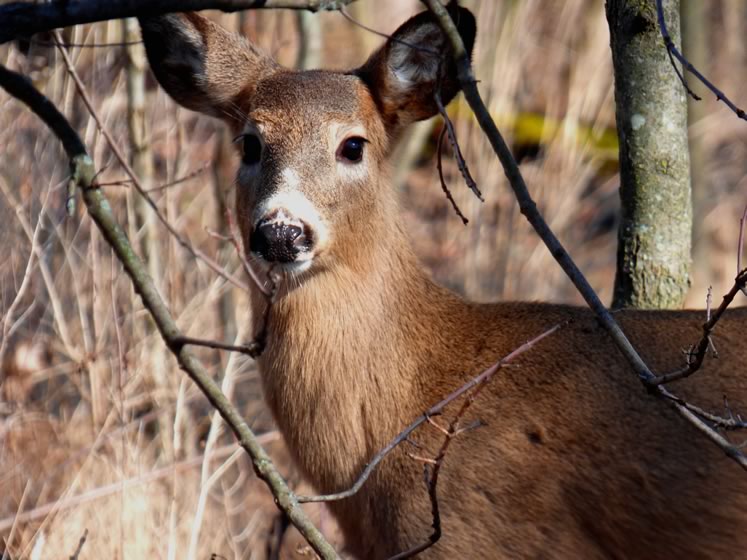
Deer are lovely but too many can hurt the environment. Photo by Don Scallen.
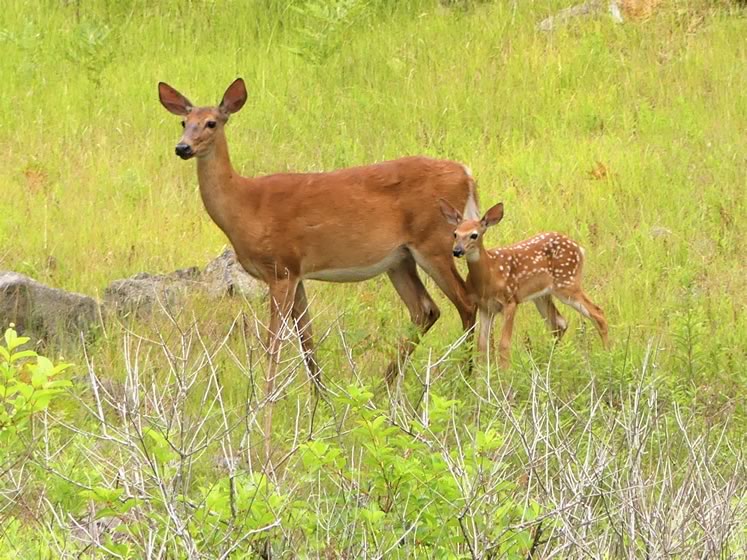
Doe with fawn. Photo by Yves Scholten.
When deer were common in Algonquin Park – the 1960s for example – these brain worms, brought to the park by deer, decimated the moose population.
Deer are considered an invasive species in Algonquin, arriving there in the 20th century as a result of land clearing and because we shot, trapped and poisoned their wolf predators.
Fortunately, wolves have rebounded in Algonquin and they are again fulfilling their ecological roles, including deer control. And moose, more difficult for wolves to subdue because of their size, are once again common in the park.
Another example of the dark side of deer takes us to Anticosti Island in the Gulf of St. Lawrence. When deer were introduced to this big island over a century ago, they found it happily absent of wolves.
As a result, their numbers ballooned and led to a surprising consequence: the decline, then extinction, of the resident bear population. The deer ate the berry bushes that supplied the fruit the bears depended on to bulk up for winter.
People feed deer, sometimes leaving bales of hay for them to eat in winter – an act well-intentioned but misguided.
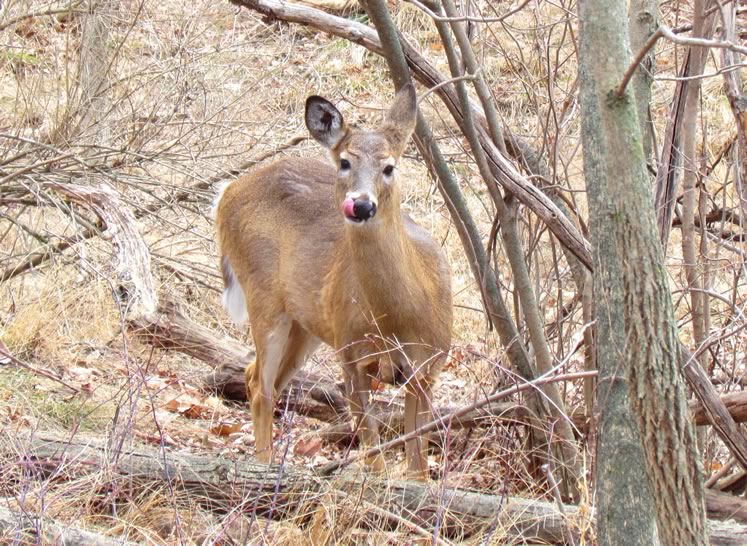
White-tailed deer browsing in the winter landscape. Photo by Don Scallen.
What this does is help support an already overabundant deer population, especially here in southern Ontario where wolves, as on Anticosti Island, don’t exist. This exacts a toll on our wildflowers and baby trees.
Bambi is precious and beguiling, but too many Bambis can spoil the ecological broth.
Related Stories
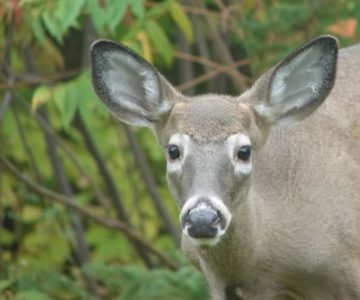
White-Tailed Deer
Mar 17, 2012 | | Notes from the WildThere are probably more deer now than there were before European settlement.
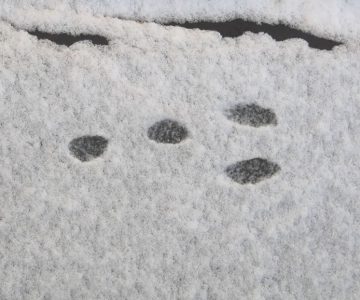
Animal Tracks
Feb 6, 2020 | | Notes from the WildTracks inscribed on snow by unseen animals offer tantalizing multilayered puzzles.
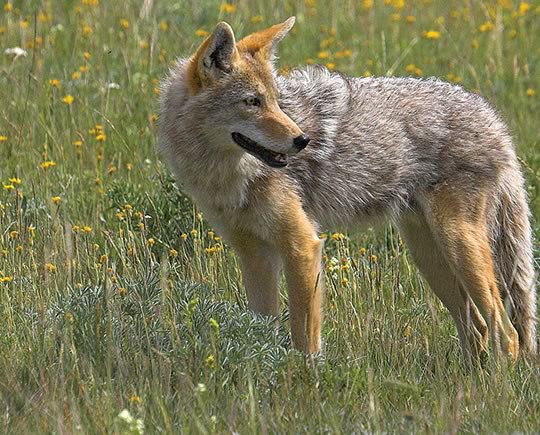
Dances with Coyotes
Mar 31, 2013 | | EnvironmentHumans have long had a love-hate relationship with these ingenious creatures.
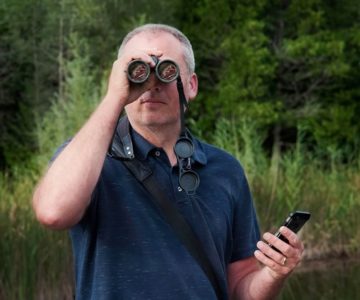
Calling All Citizen Scientists!
Sep 24, 2021 | | EnvironmentAll you need is a smartphone and a love of nature to make valuable contributions to conservation science.





